12/27/2008 - 12/28/08
America's New Year's resolutions clearly include responsible energy production, and years of anti-competitive federal subsidies and exemptions for fossil-fuel industries are likely to be reversed in 2009.
New Mexico has actually been ahead of this trend. Predictably, as the state Legislature convenes, the oil and gas industry will be pressuring our representatives and governor-to-be-Denish to back off.
Their lobbying revolves around three myths: The assertion that unregulated oil and gas is good for New Mexico's tax-base; the accusation that regulation caused the budget mess; the claim that any regulation is a "no drill" rule.
None of these allegations can stand scrutiny.
Petroleum production taxes and royalties generate 15 percent to 20 percent of state revenues, but four times as much (about $11 billion) still goes to private and out-of-state pockets. Despite industry claims, oil and gas provides less than 3 percent of New Mexico's jobs and income. Headwaters Economics, in a comprehensive and unbiased study (headwaterseconomics.org/energy), calls New Mexico's royalties and severance tax reasonable, unlike typical federal giveaways.
But New Mexico puts less of this revenue
(5.8 percent) into mitigating and regulating oil and gas impacts than any other Western energy-producing state. And although mineral income is one-time revenue, New Mexico spends it like it will never end, saving very little for the inevitable bust cycle.
Across the West, oil-producing counties seldom break even. State revenues returned to the counties aren't enough to cover extra maintenance, roads, and emergency services necessitated by oil operations; county taxpayers get stuck with the bill. The Headwaters study found that oil and gas-focused economies (county or state) under-perform compared to neighbors, and are less stable. Property, income, and sales taxes (which irresponsible drilling can diminish) generate three or four times more than oil and gas revenues.
Oil and gas are deeply embedded in the failed economic theory of deregulation. The industry's record-breaking profits rely on exemptions from federal clean air, water, superfund, emergency preparedness and public right-to-know acts. To defend their exempt status, industry mouthpieces want to blame evil regulators (Gov. Bill Richardson, the state Oil Conservation Division, etc.) for the current budget shortfall. The real cause: relying on a single industry, and failing to save boom revenue for bust times. How else does $454 million "vanish" from the budget? Crude-market whims affect state revenue far more than any regulation ever could.
The industry tars every regulation as a "no-drill" prohibition. This is not true (though many citizens feel we should have the right). Neither OCD's "pit rule," nor regulations for Otero Mesa, Rio Arriba, or Galisteo Basin forbid drilling. Rather, they require petroleum developers to quit expecting taxpayers to fund infrastructure for them; prevent pollution of irreplaceable air and water; occupy the minimum practical surface area, away from homes, cultural landmarks, and environmentally sensitive areas; replace toxic materials and outmoded methods with the best available technology.
Progressive petroleum players accept these requirements as part of doing business, and after initial investments, the new technologies are usually more profitable. Objections come primarily from firms whose equipment is outdated, too small-time and small-minded to reinvest. Despite their free-market rhetoric, many "independent" producers feel it is their right to be subsidized by taxpayers.
New Mexico should not be allowed to lose its leading position. Petroleum production is an important source of revenue and essential during transition to clean energy, but production at any cost cannot benefit us, even in the short term. Let's make sure our 2009 Legislature is thinking long-term, and holds the energy industries to real economic and environmental responsibility.
Santa Fe resident Kim Sorvig is a research associate professor at UNM, and author of Sustainable Landscape Construction, a green building text and reference."

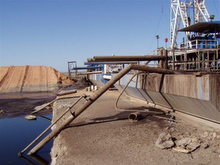



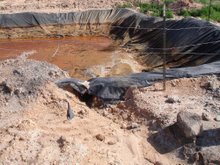

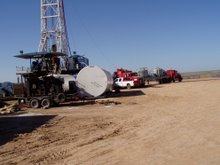
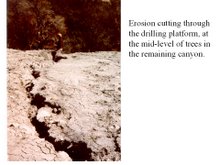
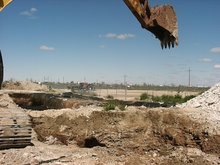


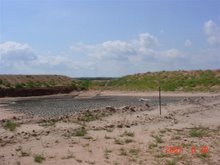
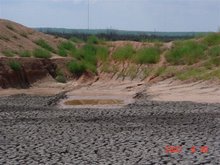
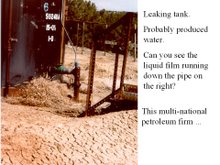
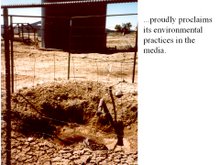
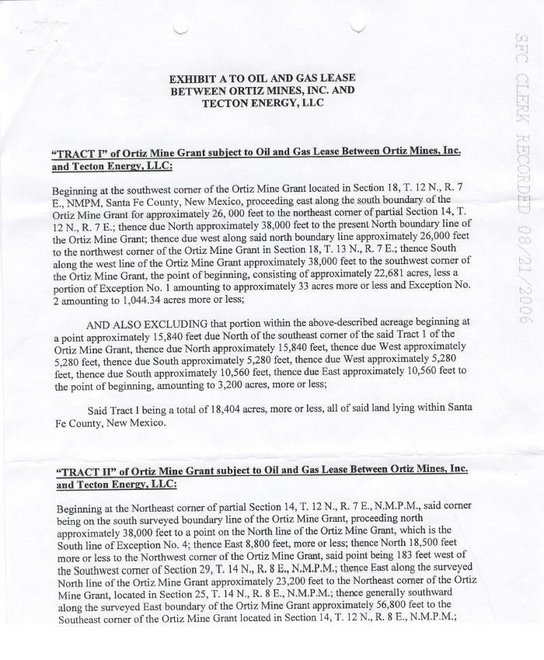
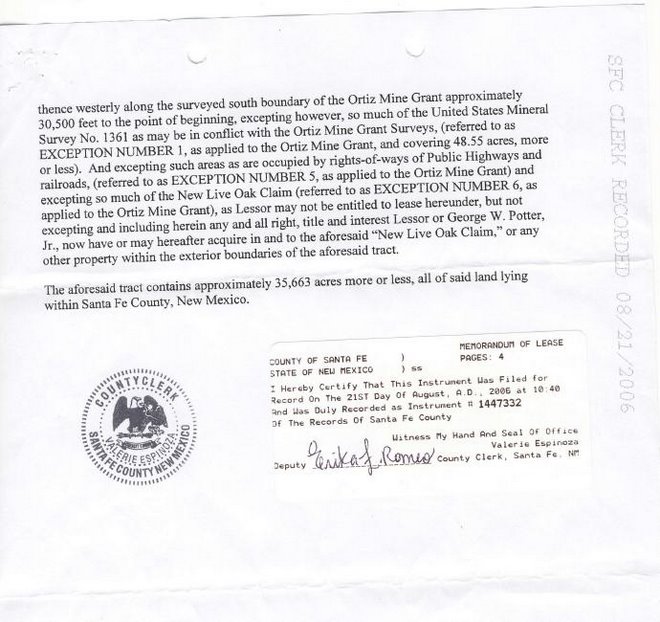
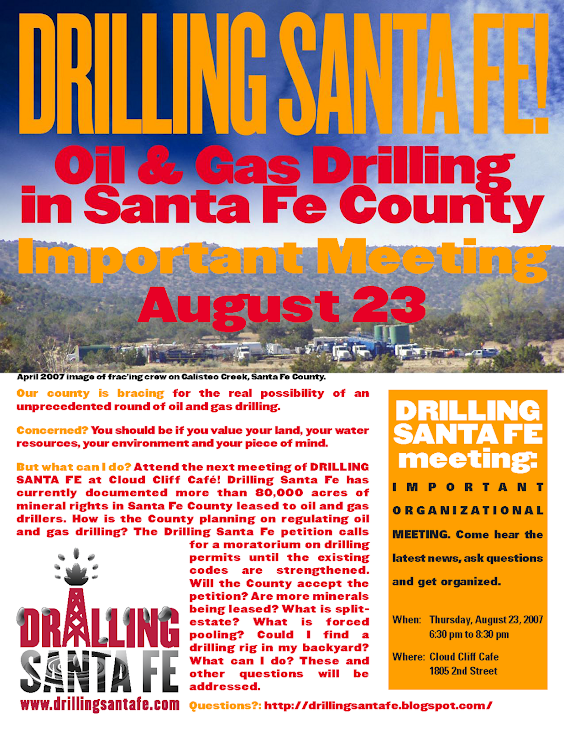

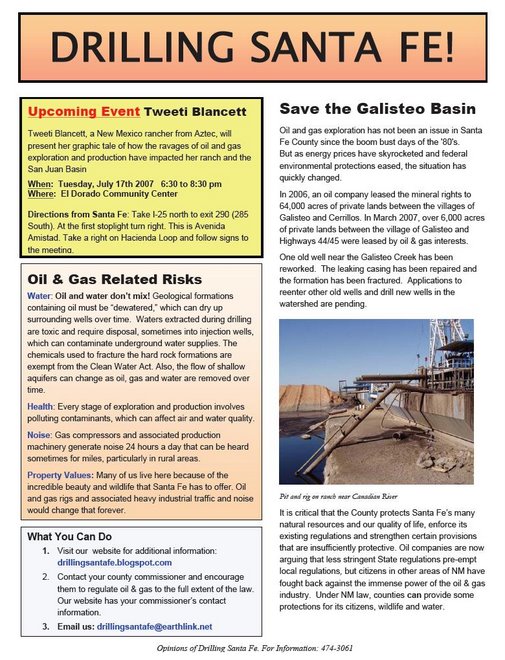
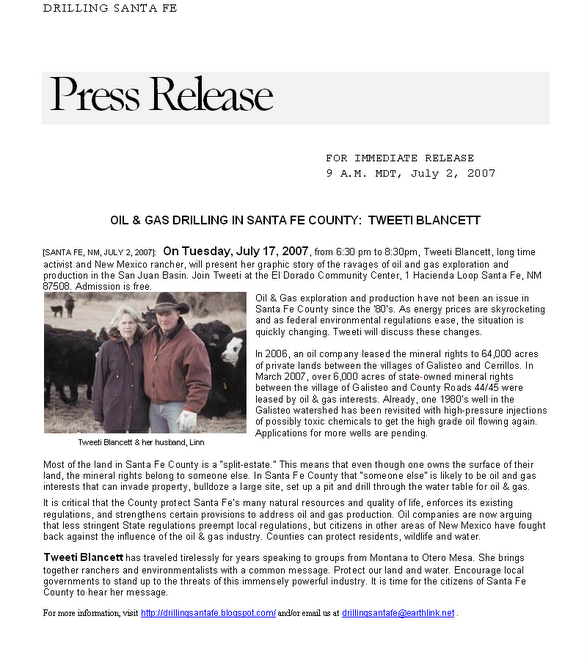
No comments:
Post a Comment